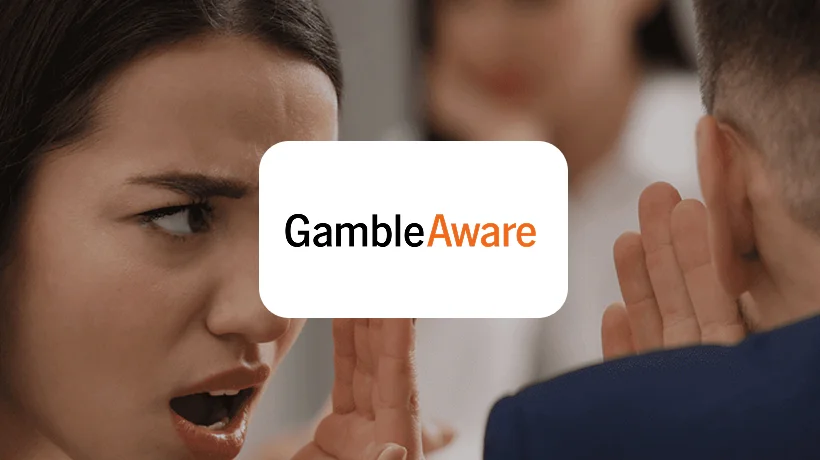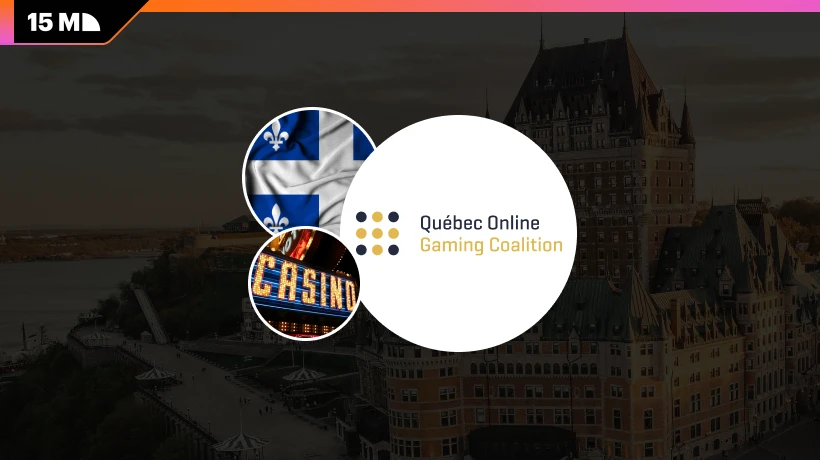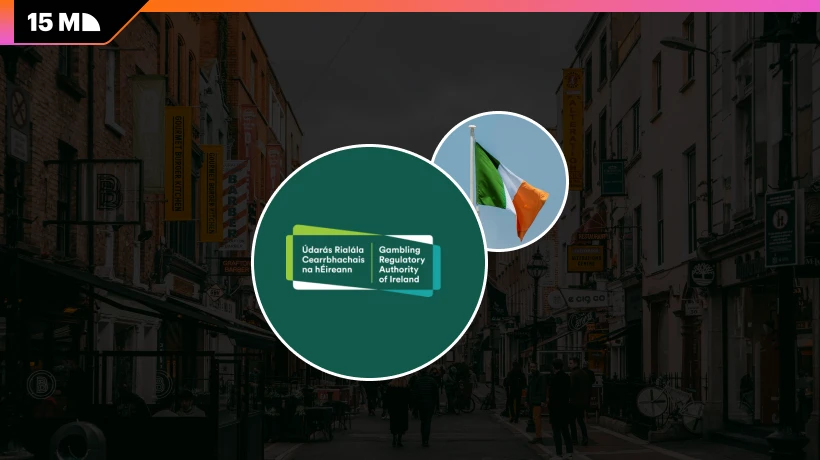GambleAware commissioned the first major research program examining gambling harm stigma in Great Britain. The National Centre for Social Research and University of Wolverhampton conducted the studies.
Zoë Osmond OBE serves as Chief Executive of GambleAware. Professor Joanne Lloyd led the research project at the University of Wolverhampton.
The research included people with lived experience of gambling harm. Tracy Madlin, who experienced gambling problems, participated in the study and shared her perspectives.
The studies examined both those affected by gambling harm and general public perceptions.
The research identified specific demographics at greater risk of experiencing gambling harm stigma. Young people, women with high-level gambling problems, single people, parents, minority ethnic groups, and religious individuals face increased discrimination.
Women reported an additional stigma layer because their experiences don’t match traditional male gambler stereotypes. Madlin described feeling isolated as the only woman among 54 men when seeking help.
People using alcohol or drugs also experience significantly higher stigma levels. The research found that 28% of those with gambling problems hide their activities from family and friends.
Previous data shows 24% of people experiencing serious harm don’t seek support due to shame or embarrassment.
Gambling harm stigma causes severe mental health consequences. The studies revealed links to depression, stress, lack of self-esteem, reduced confidence, and sometimes self-harm.
Public perception data shows clear discrimination patterns. While 90% would befriend someone who gambles without problems, only 70% said the same about those experiencing harm.
Workplace acceptance follows similar patterns. 83% feel comfortable working closely with harmless gamblers, compared to 58% for those with gambling problems.
Stigma affects relationships and employment opportunities. Participants reported feeling judged, excluded by friends and family, and experiencing long estrangement periods.
Stigma creates barriers to accessing support services. Research participants described fear of judgment preventing them from reaching out for help.
One participant noted the contradiction in gambling promotion versus blame. “When they want you to gamble it’s portrayed as this normal activity. But then when something goes wrong, it’s always the person that’s vilified.”
The research recommends increased education about gambling harm for the public, young people, and professionals in NHS and criminal justice systems. Employers need better practices for addressing gambling-related discrimination.
GambleAware has been running anti-stigma campaigns for several years. The organisation encourages support-seeking behaviour and promotes use of self-help tools and the National Gambling Helpline.
The findings support GambleAware’s position that stigma represents the biggest barrier preventing people from getting needed assistance.
In March 2025, GambleAware released the results of a study that showed a connection between neurodivergence and gambling harms. The new research led GambleAware to propose personalised treatment approaches for neurodivergent individuals.







